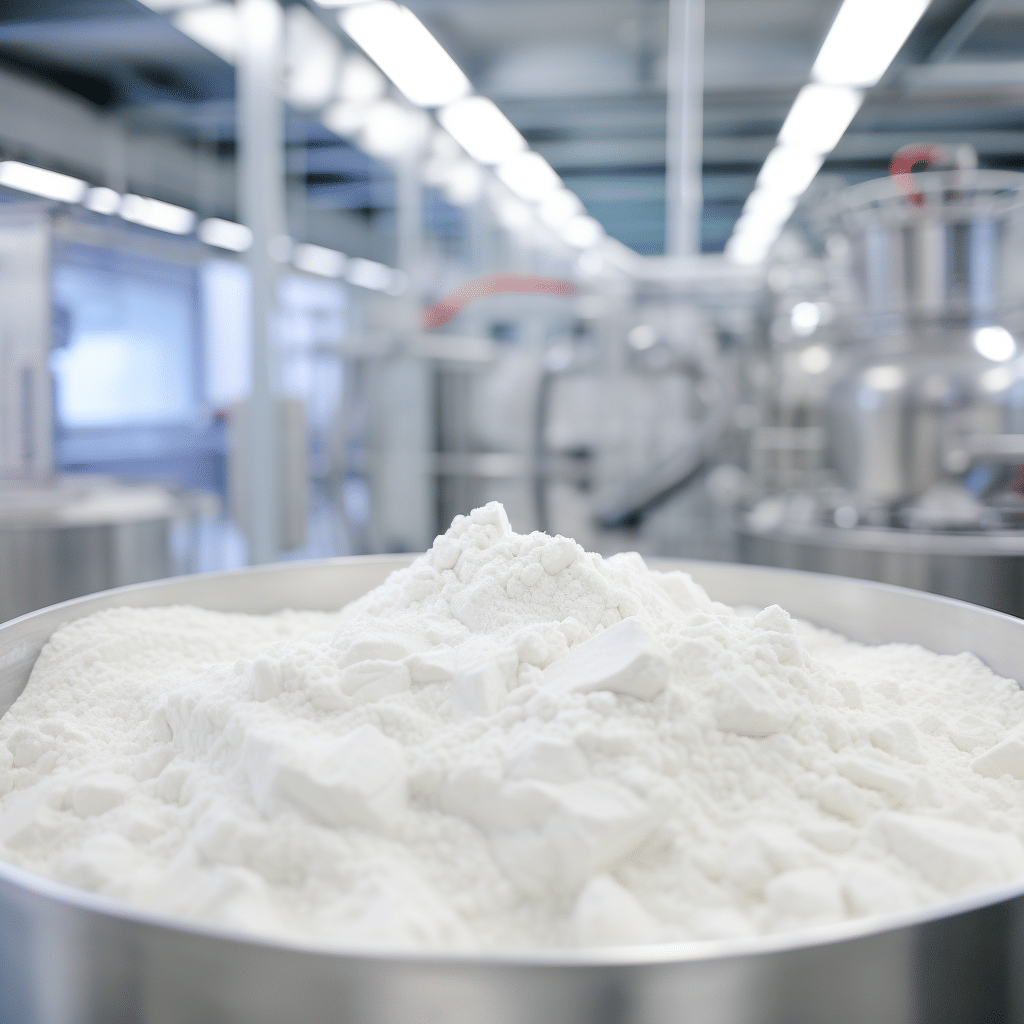Introduction: The Backbone of Product Quality
In the rapidly growing longevity supplement industry, the quality of raw materials is the foundation of every successful product. As demand for anti-aging ingredients like NMN, Spermidine, Urolithin A, and CoQ10 surges, so does the number of suppliers. However, not all vendors meet the same standards in quality, consistency, or compliance. For wholesalers, contract manufacturers, and brand owners, choosing a trustworthy raw material supplier is essential for product efficacy, regulatory safety, and brand reputation.

1. Verify Quality Through Documentation
A reputable supplier should provide a complete set of documentation to verify the identity, purity, and safety of the raw materials.
- Essential Documents:
- COA (Certificate of Analysis) with batch-specific data
- Third-party lab reports for heavy metals, residual solvents, and microbiologicals
- MSDS (Material Safety Data Sheet)
- Product specification sheet
Tip: Cross-check the COA against testing standards like USP, EP, or in-house validated methods.
2. Confirm GMP and Regulatory Compliance
Manufacturing anti-aging ingredients requires strict adherence to quality systems.
- GMP Certification: Ensure the supplier operates under GMP (Good Manufacturing Practice) or ISO 9001/22000-certified facilities
- Country of Origin Transparency: Know where and how the raw material is produced
- Regulatory Readiness: Does the ingredient comply with US FDA, EU EFSA, China Food Safety standards, or other local regulations?
Red Flag: Lack of traceability or vague origin details may signal poor oversight.
3. Evaluate Technical Support and Communication
Anti-aging raw materials often require formulation advice or regulatory clarification.
- Does the supplier offer:
- Dedicated technical support?
- Sample availability?
- Responsive after-sales service?
- Batch customization options?
Value Add: A good supplier acts more like a partner, offering guidance on applications, stability, and synergistic combinations.
4. Review Consistency and Lead Time
Even the best ingredient is useless if it can’t be delivered consistently.
- Check:
- Historical on-time delivery rates
- MOQ flexibility and scalability
- Warehousing and local distribution channels
- Temperature-sensitive logistics (esp. for liposomal ingredients)
Ask for: Stability data and shelf-life studies.
5. Examine Market Reputation and Client References
Market reputation is earned over time and can help distinguish quality suppliers from opportunistic traders.
- Investigate:
- How long has the company been in operation?
- Do they have experience with anti-aging ingredients specifically?
- Client testimonials or industry partnerships
Pro Tip: Don’t just trust Alibaba listings. Ask for global references or attend ingredient trade shows to meet suppliers in person.
Conclusion: A Good Supplier Is a Long-Term Asset
In a competitive and heavily scrutinized market like anti-aging, sourcing from the right supplier means fewer compliance risks, better product outcomes, and stronger customer trust. By demanding documentation, evaluating manufacturing credentials, and building strong communication, buyers can establish partnerships that endure beyond a single purchase order.